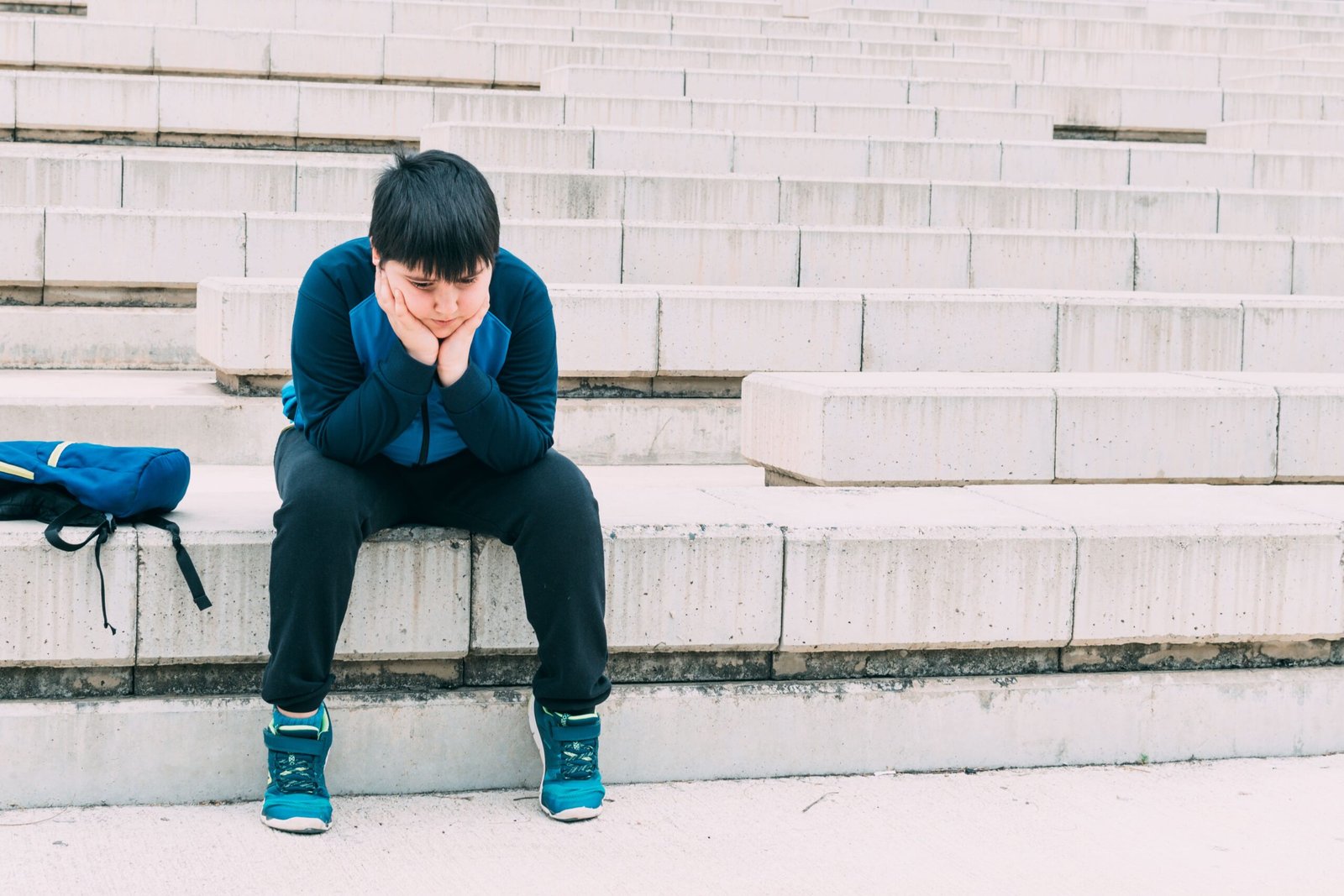Understanding the Connection Between Anxiety and Depression
Anxiety and depression are two of the most common mental health conditions, affecting millions of people worldwide. While they are distinct disorders, they often occur together, making treatment more complex. Understanding the link between anxiety and depression is crucial in managing symptoms and finding the most effective treatment options.
What is the Connection Between Anxiety and Depression?
Although anxiety and depression have different symptoms, they frequently overlap. Many individuals experience both conditions simultaneously, a phenomenon known as comorbid anxiety and depression. Studies show that nearly 50% of people diagnosed with depression also experience symptoms of anxiety.
The primary connection between the two disorders lies in how the brain processes emotions and stress. Both conditions are influenced by imbalances in neurotransmitters such as serotonin, dopamine, and norepinephrine, which play a key role in mood regulation.
Key Differences Between Anxiety and Depression
Anxiety Symptoms
- Excessive worry or fear about everyday situations
- Restlessness or feeling “on edge”
- Increased heart rate and rapid breathing
- Muscle tension and difficulty relaxing
- Difficulty concentrating due to constant worry
- Sleep disturbances, such as insomnia
Depression Symptoms
- Persistent feelings of sadness, hopelessness, or emptiness
- Loss of interest in activities once enjoyed
- Fatigue and lack of energy
- Changes in appetite or weight
- Difficulty concentrating or making decisions
- Thoughts of self-harm or suicide
How Anxiety and Depression Influence Each Other
1. Anxiety Can Lead to Depression
Chronic anxiety, especially when left untreated, can eventually lead to depression. The constant stress and worry can become overwhelming, making it difficult for a person to find joy or motivation in daily life. Over time, this can lead to feelings of hopelessness and sadness, which are hallmarks of depression.
2. Depression Can Cause Anxiety
On the other hand, individuals with depression often develop anxiety symptoms. Feelings of worthlessness and low energy can create excessive worry about the future, personal relationships, or job performance. This can lead to a cycle of negative thoughts and excessive fear, further fueling anxiety.
3. The Cycle of Anxiety and Depression
Many individuals get caught in a cycle where anxiety leads to depression, and depression worsens anxiety. For example:
- Anxiety causes excessive worry, making it hard to relax.
- Lack of relaxation and constant stress leads to emotional exhaustion.
- Emotional exhaustion results in depressive symptoms, such as lack of motivation and sadness.
- Depressive symptoms increase stress and worry, leading back to anxiety.
This vicious cycle can be difficult to break without proper treatment.
Effective Treatment Options for Anxiety and Depression
1. Therapy and Counseling
- Cognitive Behavioral Therapy (CBT): Helps individuals recognize and change negative thought patterns that contribute to both anxiety and depression.
- Exposure Therapy: Particularly useful for individuals whose anxiety involves avoidance behaviors.
- Interpersonal Therapy (IPT): Focuses on improving relationships and communication to reduce symptoms of depression.
2. Medication
- Selective Serotonin Reuptake Inhibitors (SSRIs): Such as Prozac, Zoloft, and Lexapro, which help balance serotonin levels in the brain.
- Serotonin-Norepinephrine Reuptake Inhibitors (SNRIs): Such as Effexor and Cymbalta, which increase both serotonin and norepinephrine.
- Benzodiazepines: Such as Xanax and Ativan, used for short-term relief of severe anxiety symptoms (not recommended for long-term use).
3. Transcranial Magnetic Stimulation (TMS) Therapy
For individuals with treatment-resistant anxiety and depression, TMS therapy offers a non-invasive, drug-free alternative.
Benefits of TMS Therapy:
- Targets specific areas of the brain responsible for mood regulation.
- Drug-free treatment with minimal side effects.
- Long-lasting relief for individuals who haven’t responded to traditional treatments.
- FDA-approved for treatment-resistant depression and showing promise for anxiety disorders.
4. Lifestyle Changes
Incorporating healthy habits can significantly improve symptoms of both anxiety and depression:
- Regular Exercise: Releases endorphins and reduces stress hormones.
- Balanced Diet: Nutrient-rich foods support brain health and emotional stability.
- Mindfulness and Meditation: Helps individuals manage stress and stay present.
- Social Support: Staying connected with friends and family provides emotional comfort.
Conclusion: Seeking the Right Help for Anxiety and Depression
Understanding the connection between anxiety and depression is key to finding the right treatment. Whether through therapy, medication, lifestyle changes, or TMS therapy, there are effective options available for managing symptoms and breaking the cycle of anxiety and depression.
If you or a loved one is struggling with persistent anxiety or depression, TMS Solutions offers advanced TMS therapy to help you regain control of your mental health. Contact TMS Solutions today to learn how this innovative treatment can provide long-term relief and improve your quality of life.


